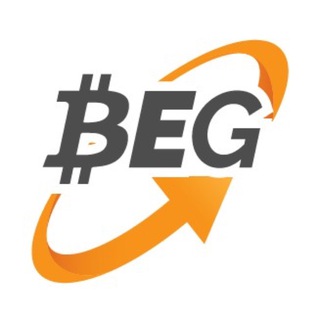A rout has been seen across the markets after US inflation rose more than what was expected. US inflation jumped to 4.2% in April from 2.6% in the prior month — the highest since 2008, fueling the concerns that the economy is now overheating. The inflation rate soared to its highest level in about 13 years due to a sharp increase in consumer prices again in April. The consumer price index spiked 0.8%, the biggest monthly increase since 2009, the government said Wednesday, while the forecast was a milder 0.2% advance. This higher inflation reading reflects a combination of increased spending, hefty fiscal support, and supply bottlenecks as economic activity picks up. In response to the latest data, the White House said that the economy was experiencing a “normalization” of prices as it recovers from the pandemic. The high inflation is just temporary and will subside by next year as the pandemic fades and most people go back to work. “There will be months that come in below or above expectations as strong demand meets recovering supply. Recovery from the pandemic will not be linear. The Council of Economic Advisers will continue to monitor the data as they come in,” it said. The Federal Reserve has set its inflation target at 2%, but with interest rates rising in the past six months, investors are worried that inflation could go even higher. https://twitter.com/krugermacro/status/1392466497864441860 Dow had its worst day in 6 months by crashing nearly 700 points while the S&P 500 closed 2.2% lower, recording its biggest one-day drop since February. Tech-heavy Nasdaq, which has been going down since late April, lost 2.7%, particularly sensitive to high inflation and interest rates. A sell-off in US government bonds also accelerated, sending the yield on 10-year Treasury higher to 1.68%. This increase came after the European Commission raised its economic forecast for the coming two years sharply — 4.3% this year and 4.4% in 2022 compared to the previous forecast for 3.8% in both years. Cryptocurrency markets also experienced a pullback, but it was more to do with Tesla CEO Elon Musk than the sell-off in the traditional markets. “Inflation fears bode well for bitcoin. Time to get that Coinbase wallet and hedge against the onslaught?” tweeted venture capitalist Tim Draper. But as trader Loomdart noted, Bitcoin’s run from $10k to $55k was exactly this, people recognizing it as an inflation hedge. “No one sees inflation numbers and then immediately thinks 'ok... this is it. This is what I needed to do to invest in bitcoin,'" he added. While good in the long term, in the short term, with the entry of the institutions in the crypto space, it is now as much affected by the macro factors and as we saw during March 2020 crash when just like oil, stocks, and gold, the digital store of value also recorded a momentary panic sell-off. “When inflation fears in the US spike, rates, the dollar, and financials go up, and everything else goes down, even gold. This can be counterintuitive,” noted trader and economist Alex Kruger. According to him, besides the regulatory fears, rising inflation leading to an increase in interest rates will create a risk-off environment which won’t be good for Bitcoin. That will happen when the Fed gets nervous and starts talking about reversing the course. And this “is coming later in the year,” he added. https://twitter.com/100trillionUSD/status/1392784435381211137 [deco-beg-single-coin-widget coin="BTC"]
US Inflation Rate Spikes to Highest Peak Since 2008; This Isn't Completely Bullish for Bitcoin
 bitcoinexchangeguide.com
13 May 2021 09:28, UTC
bitcoinexchangeguide.com
13 May 2021 09:28, UTC